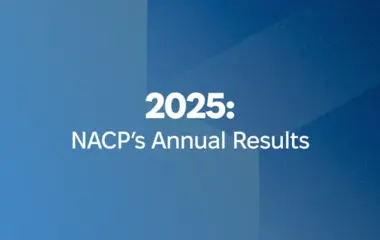The issue of remuneration, including incentive payments, is an important aspect of the activities of any government agency, enterprise, institution or organization. At the same time, a real conflict of interest may arise when setting bonuses or allowances, especially if the official determines the remuneration for himself/herself.
In this case, the private interest associated with the desire to receive a higher salary comes into conflict with the interest of the service: to ensure an objective assessment of employees' achievements and to introduce a system of fair financial incentives that provides incentives for efficient and highly productive work.
A situation of conflict of interest related to material incentives for employees may arise in the case of public servants who are managers who
- are authorized to make decisions on material incentives and their amounts. At the same time, the availability of accounting calculations, proposals of subordinate employees, conclusions of advisory bodies, if they do not deprive the manager of his/her discretionary powers to make the final decision on bonuses or other incentive payments, does not exclude his/her responsibility for making a decision in the conditions of a real conflict of interest;
- are authorized to make proposals to a higher-level manager regarding material incentives for subordinates.
Proposals for incentive payments are the basis for the head of a body, enterprise, institution, or organization to make a decision on bonuses or allowances and their amount. Thus, private interest in exercising this power (making proposals) in relation to oneself is associated with the possibility of influencing the content of the manager's decision.
In order to avoid liability for acting in conditions of a real conflict of interest, officials who make proposals for financial incentives should refrain from making such proposals in relation to themselves. Their performance may be evaluated by a higher-level manager and proposals for adequate financial incentives may be made.
Executives may decide on the application of material incentives to themselves only after the evaluation:
- Settlement of the conflict of interest by a senior manager (for more details, see paragraph 3 of the Clarifications);
- obtaining the approval of a higher-level manager in accordance with the procedure provided for by law.
However, in practice, there are also cases where a conflict of interest is guaranteed to be absent. For example, a conflict does not arise if the manager is obliged to set a specific amount of payment determined by mandatory legal provisions. In such situations, there are no discretionary powers, the amount of payment is fixed, and the manager does not have the opportunity to choose between several options for the amount of payment. For example, a fixed bonus is set for length of service, civil service rank, or work with state secrets.
Still having trouble determining your incentive payments? Do not rush to call NACP Contact Center. Talk to the Anti-Corruption Commissioner in the institution where you work. NACP Contact Center will provide methodological and advisory assistance only after a mandatory consultation with the authorized person for the prevention and detection of corruption.









